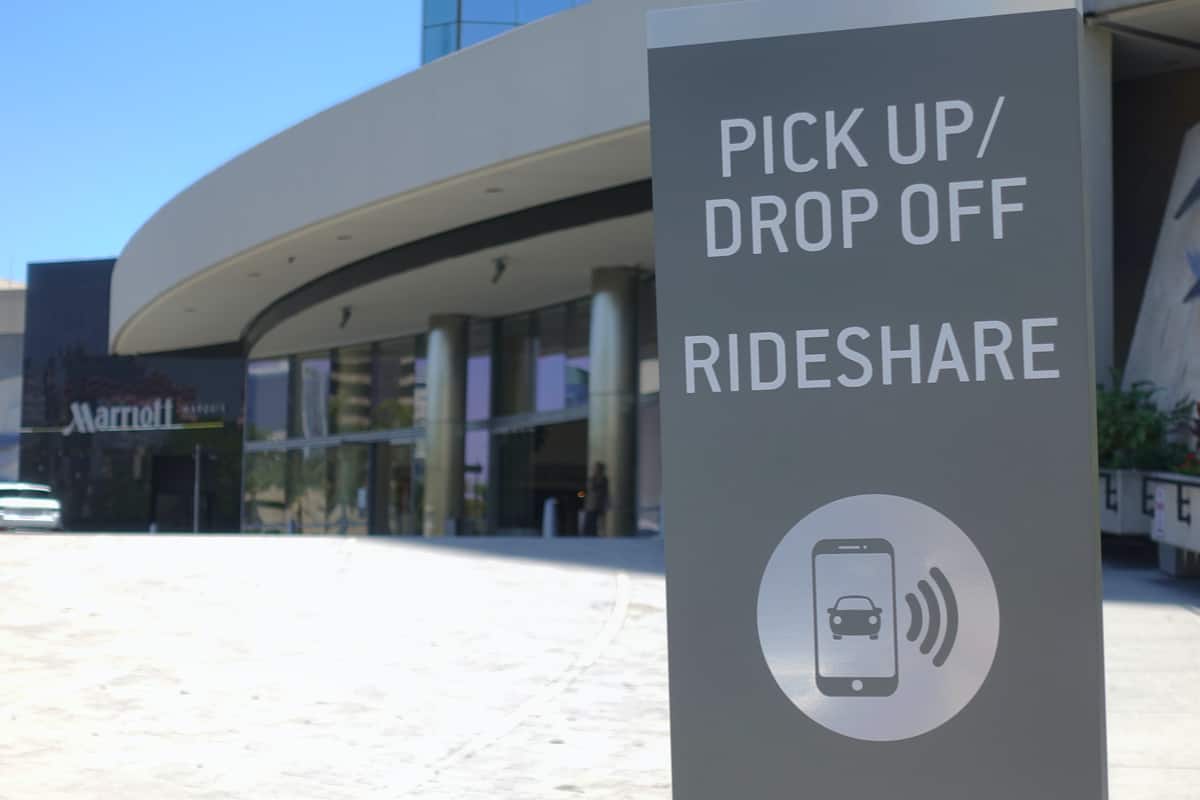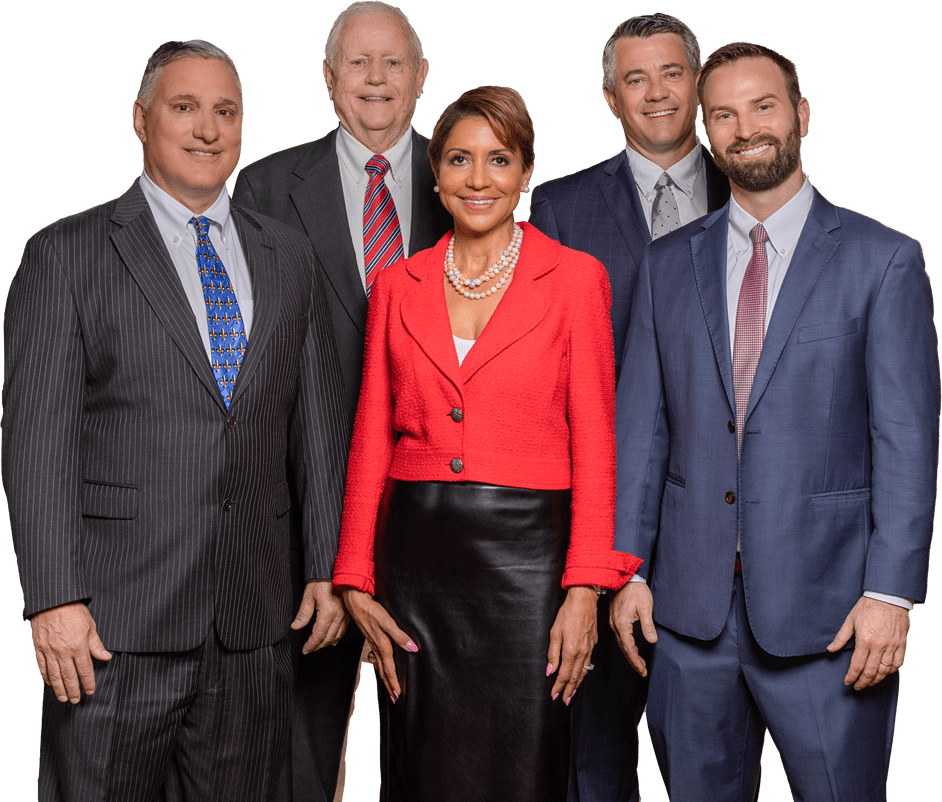
Ridesharing services have exploded in popularity over the last decade. With the introduction of Uber in 2009, ridesharing companies have gone on to dominate most of the ride-hailing market industry.
The rise of ridesharing has created both convenience and controversy across the U.S. While many people have praised the easy-to-use app and payment methods, ridesharing drivers lack the professionalism of taxi drivers. Unlike taxicab drivers, ridesharing drivers are not trained or well-versed in their service areas. Instead, companies contract everyday people and trust they are competent enough to drive with the care and caution passengers deserve.
The rideshare model differentiates itself from carpooling and other traditional ride-hailing services. A rideshare company does not hire drivers. Instead, they act as a third party and connect people who need a ride to people willing to use their vehicles and time to provide transportation. Unlike taxi drivers, rideshare drivers are not employees. Instead, they are classified as independent contractors.
The most distinguishing characteristic of the ridesharing model is its use of an app. Both drivers and customers use an app for every aspect of the ridesharing experience, including:
Ridesharing services present a unique model that continues to thrive due to convenience and availability.
The ridesharing model has successfully disrupted the ride-hailing market. There have been a few ridesharing services offered in the U.S. over the last decade, including:
As it stands, Uber and Lyft are the biggest companies in the industry. According to a recent analysis of the ridesharing market:
If trends continue, the ridesharing industry will be worth $220 billion by 2025.
Liability in ridesharing is very complex. Due to drivers’ classification as contractors, it can be challenging to know when to sue the driver or the rideshare company.
States have passed legislation holding ridesharing companies responsible for passenger injuries. However, Louisiana has not passed any regulations.
The question of liability falls under the concept of vicarious liability. Vicarious liability proposes that an employer can be held legally responsible for the negligent actions of its employees.
Since the drivers are considered independent contractors, liability comes down to other circumstances. Auto accident victims can file a civil action against ridesharing companies:
According to company policies, the rideshare driver will need to be logged into the service and on duty.
Ridesharing companies are enjoying a liability gray area. Companies like Uber and Lyft do not employ drivers but instead offer a technical service. Therefore, ridesharing companies are not required to carry insurance for their drivers.
Numerous lawsuits have been brought against Uber and Lyft alleging liability in passenger accidents in recent years. To keep court costs down, both companies offer insurance for drivers who are logged on and working at the time of the collision.
The insurance policy is activated when a driver accepts the ride request. Uber and Lyft have damage liability coverage for up to $1 million.
If the driver is logged in but has not accepted any ride request, the damage liability is reduced to $500,000 max.
However, if the driver is not logged into Uber or Lyft at the time of the accident, they are no longer covered.
Initially, the rideshare companies were thought to keep people safer. People could safely go out and drink and call Uber or Lyft for a ride home. Others predicted the rise of ridesharing services would reduce traffic and traffic-related issues, like emissions. However, various studies and articles have been written to dispute the initial optimism.
Researchers have found that ridesharing companies have caused a 3% increase in traffic fatalities. The study suggests the following factors may cause the rise in motor vehicle deaths:
Despite the benefits, ridesharing may be contributing to traffic accidents as a whole.
With the success of ridesharing companies, the industry is set to continue its exponential growth. If you are a passenger in an Uber, Lyft, or another rideshare service, there are a few steps to take in the event of an accident.
Always contact the police and seek medical attention, even if you do not feel injured. Delayed injuries can turn serious if not treated quickly. If able, take pictures of the scene and speak to witnesses.
Given the complexity of rideshare accidents, it is in your best interests to seek the counsel of the Uber and Lyft accident attorneys of Charbonnet Law Firm, LLC for a consultation.

With over 50 years of legal experience serving families in the New Orleans area and surrounding Louisiana communities, our firm takes pride in providing clients with personalized legal services tailored to individual needs.